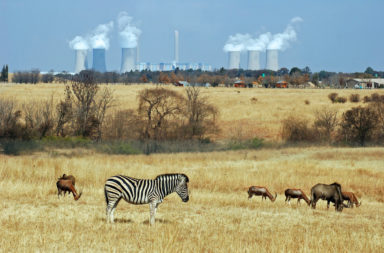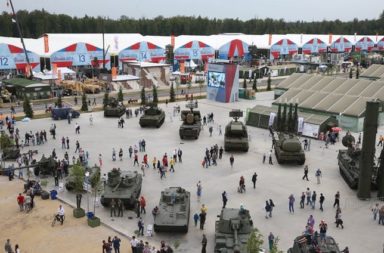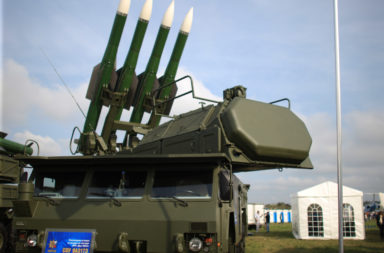Within hours of the death of Guinea’s president in 2008, four officers trained by the German military launched a coup d’état. Led by Captain Moussa Dadis Camara, who proudly wore the red beret and insignia of a German paratrooper, the plotters communicated discreetly in German. Following an assassination attempt, Camara was replaced in power by a French-trained paratrooper who had been his vice-president.
And so two officers trained by European states to enhance security and civilian control in their home countries took it upon themselves to seize power through violence. Now known as the “German coup”, this story is a warning to all those world powers moving to train and support foreign militaries – in particular the EU, which is stepping up its efforts in this department and establishing a new Military Training Headquarters.
According to Federica Mogherini, the EU foreign policy chief, the aim is to provide a “more efficient approach to the existing military training missions we have” in countries such as Mali, Somalia and the Democratic Republic of Congo.
But training men with guns in under-resourced and under-institutionalised states is a very risky proposition. Military training provided from abroad can destabilise a recipient state’s politics, altering the balance of power between certain military actors and the government. Boosting the resources of security forces can encourage them to participate more actively in domestic politics, up to and including coups.
On an individual level, training can raise its trainees’ status and professionalise them, helping them win over other officers and more effectively tackle the organisational barriers that coup plotters typically face. Professionalised military officers can increase their autonomy, and alienate them from their corrupt and dysfunctional civilian elites.
Our argument is amply supported by the US’s experience of trying to help stabilise developing democracies, only to see its efforts backfire.
The best of intentions
If taken on its own, the US’s security assistance spending would be the world’s fourth largest foreign aid budget (US$17 billion). While the US’s primary goal when providing training is to promote its own security, it also actively tries to prevent coups, incorporating civil-military relations into its training and typically cutting off funding to states after militaries seize power.
Despite this emphasis on limiting military interventions in politics, there are numerous cases of US-trained officers launching coups: Egypt in 2013, Gambia in 2014, Burkina Faso in 2014, and Honduras in 2009.
A particularly salient example is the 2012 coup in Mali, which was led by a junior officer named Amadou Sanogo. Through the US International Military Educational and Training programme, Sanogo saw more of the US than do most Americans: English classes in Texas, an intelligence course in Arizona, work with the marines in Virginia, and finally army infantry officer basic training in Georgia.
Sanogo was so Americanised that when he returned home, he took to wearing an oversized (and unauthorised) US Marine Corps badge on his uniform. Assigned to teach English back in Mali, he used his position to lead a group of mutinying soldiers on his home base to seize power and fight off a counter-coup. Reluctantly ceding informal power a year later due to tremendous domestic and international pressure, he was quickly arrested on charges of kidnapping and assassinating rivals within the military.
Reap what you sow
So what do the data say? When we looked at all instances of US military training from 1970 to 2009, we found that roughly 5% of countries that received training experienced a military-backed coup attempt, compared to 2.7% of those not receiving training.
Using more sophisticated statistical techniques, we discovered that these training programmes were significantly correlated with an increase in the probability of a coup. For the average case, this increase in probability amounts to a doubling of the risk, in absolute terms a move from 1% to 2% in a given year. While the probabilities are low, the relative change is large – and since coups can be catastrophic for the countries in which they occur, it’s crucial to try and understand why this relationship might exist.
The organisation of a formal military is a vital part of any country’s development. Because they control a state’s coercive capacity, militaries can either promote stability or undermine it.
The US does not (usually) aim to promote coups, and often cuts off aid to militaries that launch them – but coups are nonetheless an occasional consequence of international training programmes. Both the US and the EU should be careful to consider what the military training they provide might one day amount to.




